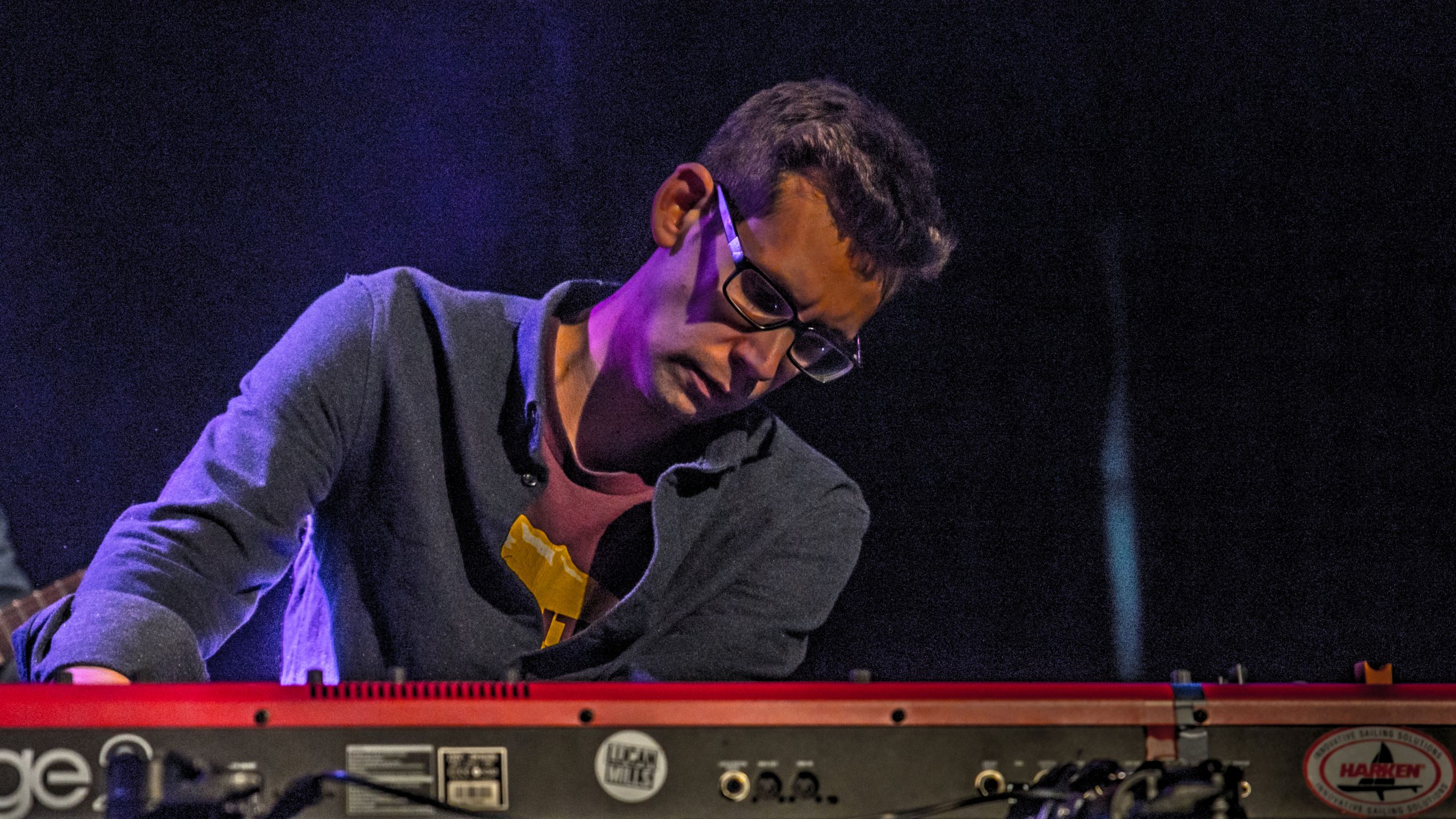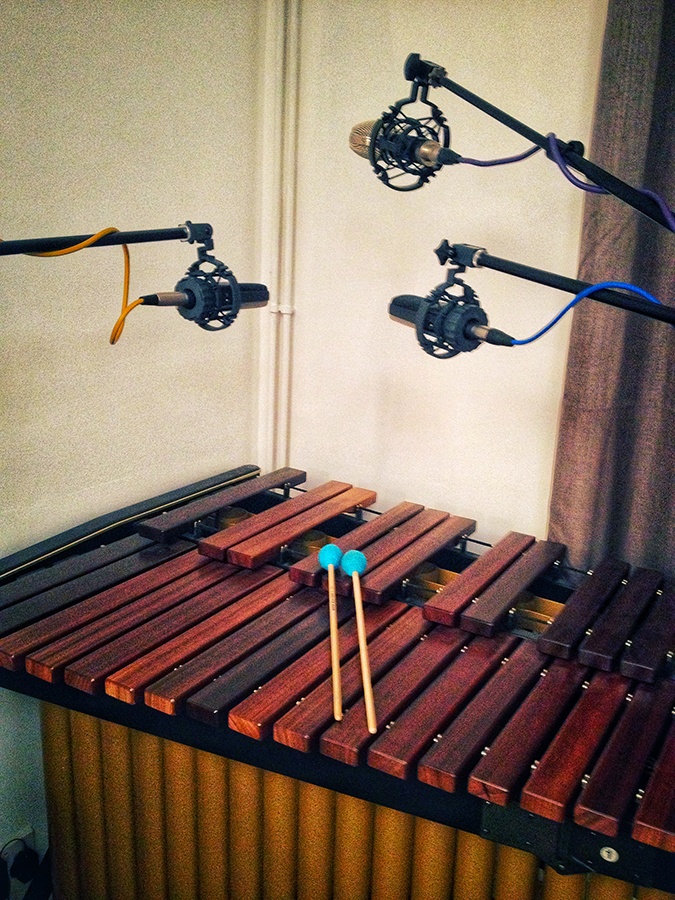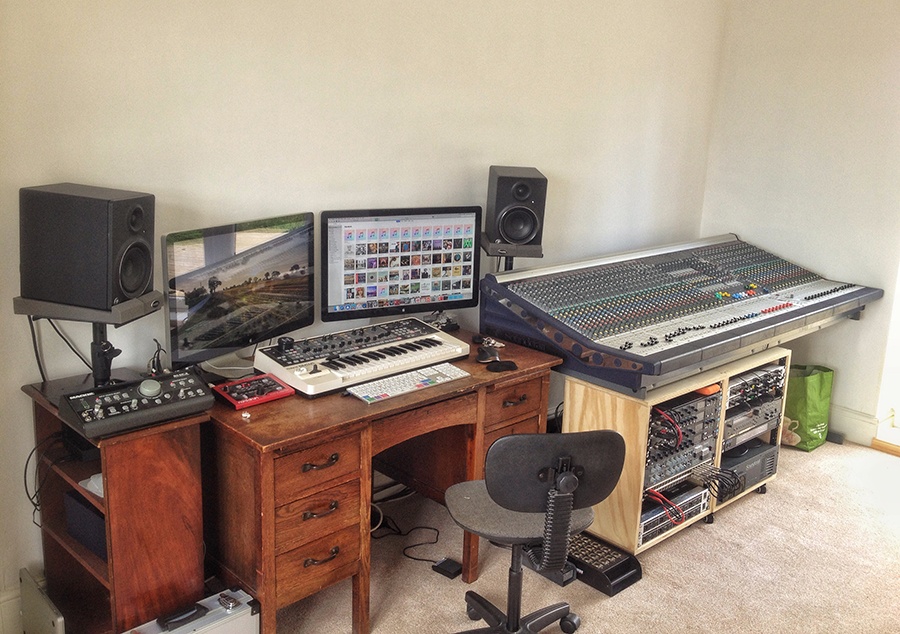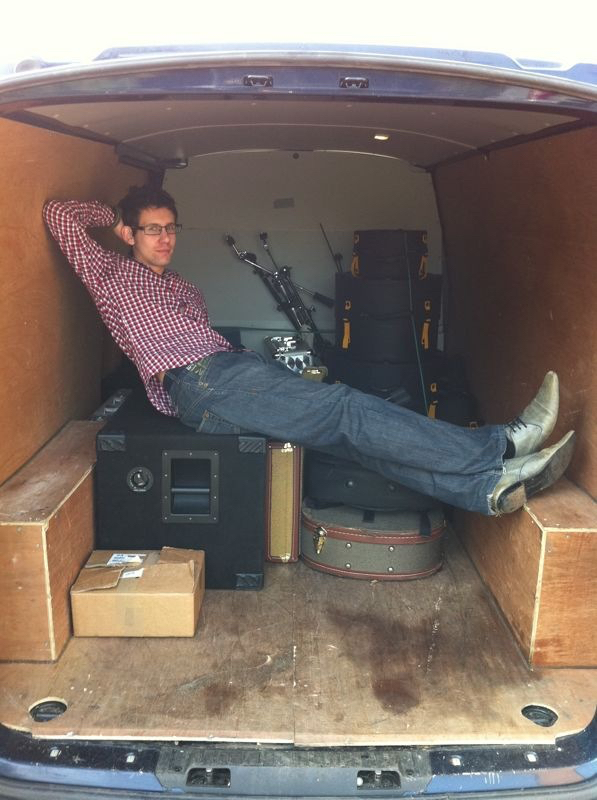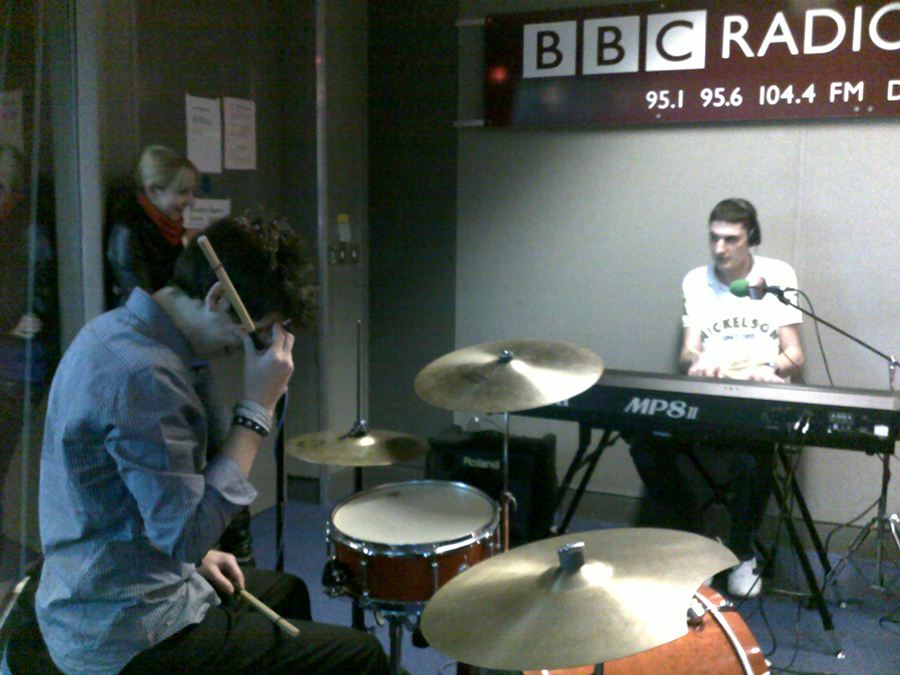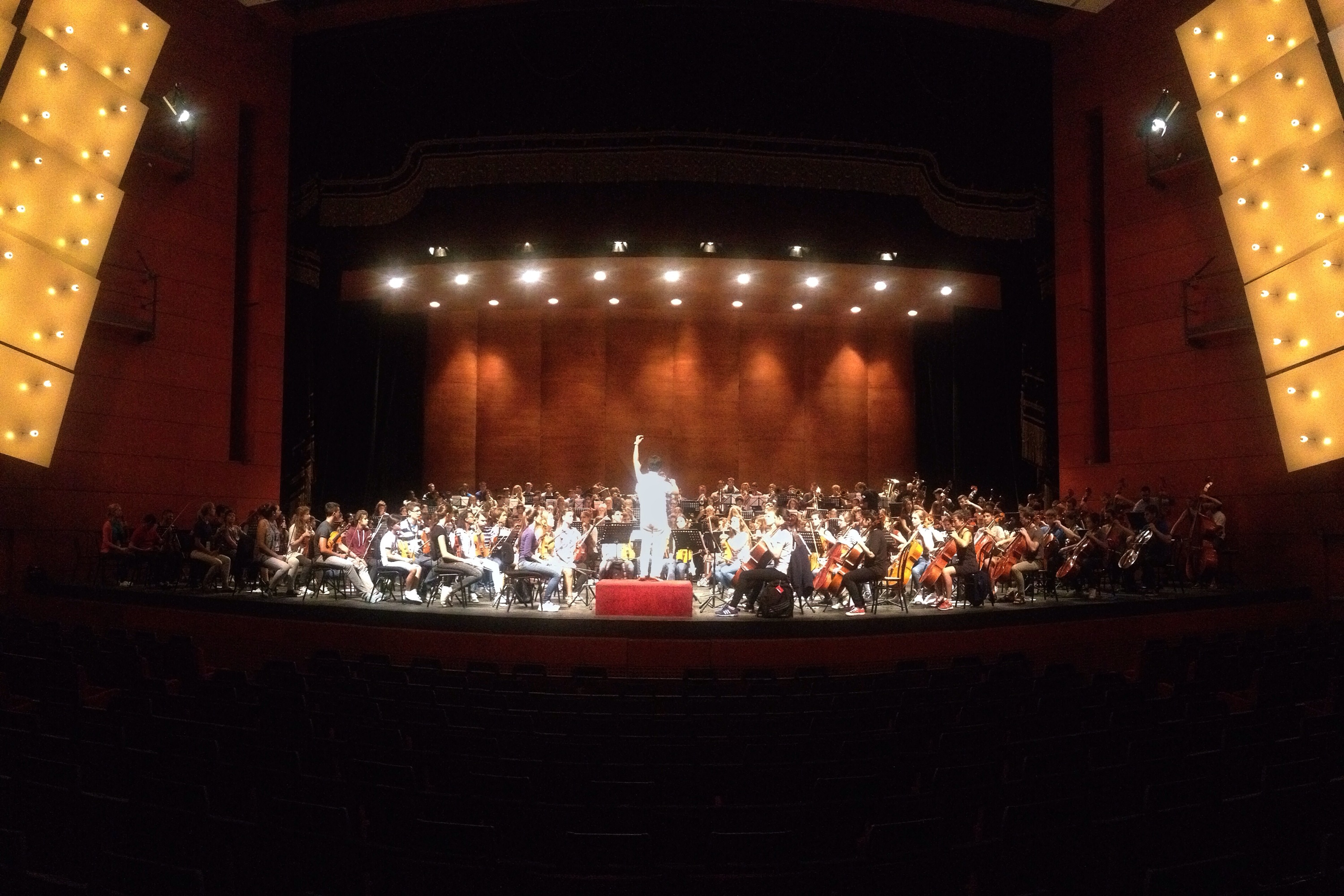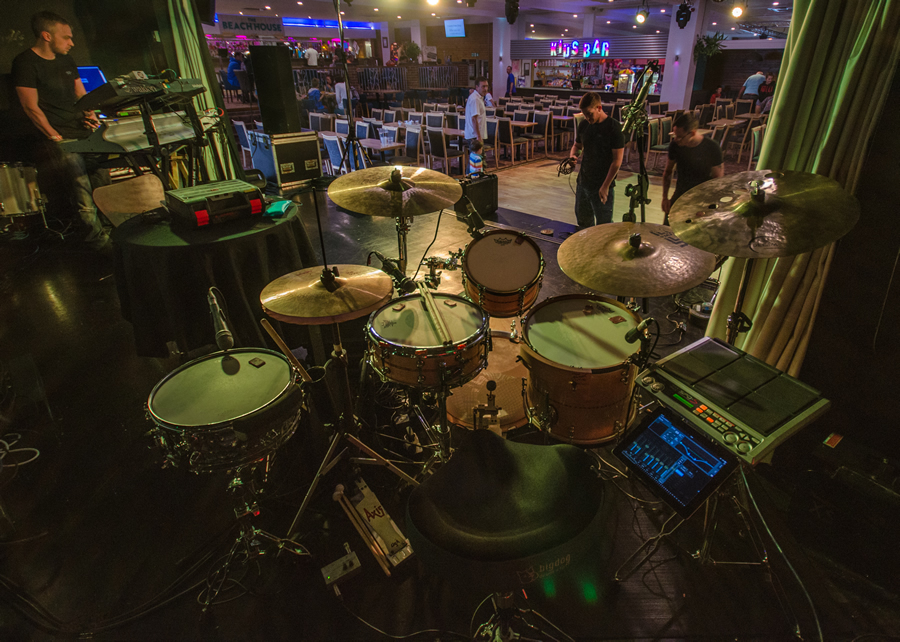It feels like only yesterday that I wrote a ten-year retrospective, looking back on a decade of working in music. But that was, in fact, a whole two years ago!
But over on social media, the #TenYearChallenge is all the rage. Clearly, I have always been ahead of the times… But I thought I would jump on that particular bandwagon, of an evening, and see where it takes me.
It’s actually been a lot of fun, looking for photos from gigs and sessions from ten years ago – just marginally before smartphones were ubiquitous, and everybody began to photograph everything – thinking about what has changed in that time, and what has stayed the same.
I still have the t-shirt I’m wearing onstage with Witchers at the Cambridge Haymarket in 2009 (although the arm tattoo visible in the 2019 picture is a much more recent addition). The orange Premier Series kit moved on a couple of years later, when I became an official Carrera Drums Ambassador in 2011 – but I’m still rocking the unusual ‘equilateral triangle’ drum kit setup on the majority of my gigs, and I am still a proud endorser of Pellwood Drumsticks.
Playing with Cardiem was the first time I ever sang with a band – backing vocals, and then some lead vocals too.

